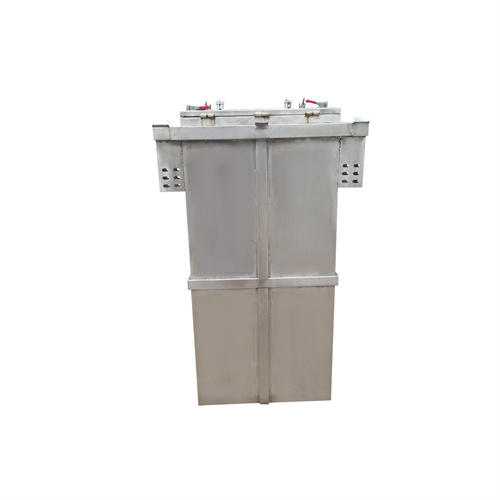Effective capacity of energy storage
As the photovoltaic (PV) industry continues to evolve, advancements in Effective capacity of energy storage have become critical to optimizing the utilization of renewable energy sources. From innovative battery technologies to intelligent energy management systems, these solutions are transforming the way we store and distribute solar-generated electricity.
6 FAQs about [Effective capacity of energy storage]
What are the economic benefits of storage capacity?
In the context of residential behind-the-meter storage, the economic benefit of storage capacity is that it yields a price premium, given as the difference between the retail electricity price and the overage tariff that is obtained for surplus energy generated by the solar PV system but not self-consumed.
How can energy storage systems improve the lifespan and power output?
Enhancing the lifespan and power output of energy storage systems should be the main emphasis of research. The focus of current energy storage system trends is on enhancing current technologies to boost their effectiveness, lower prices, and expand their flexibility to various applications.
Why are battery energy storage systems important?
As a solution to these challenges, energy storage systems (ESSs) play a crucial role in storing and releasing power as needed. Battery energy storage systems (BESSs) provide significant potential to maximize the energy efficiency of a distribution network and the benefits of different stakeholders.
What is energy storage duration?
Duration, which refers to the average amount of energy that can be (dis)charged for each kW of power capacity, will be chosen optimally depending on the underlying generation profile and the price premium for stored energy. The economies of scale inherent in systems with longer durations apply to any energy storage system.
Why is energy storage important?
Energy storage plays a crucial role in enabling the integration of renewable energy sources, managing grid stability, and ensuring a reliable and efficient energy supply. However, there are several challenges associated with energy storage technologies that need to be addressed for widespread adoption and improved performance.
How to choose the best energy storage system?
It is important to compare the capacity, storage and discharge times, maximum number of cycles, energy density, and efficiency of each type of energy storage system while choosing for implementation of these technologies. SHS and LHS have the lowest energy storage capacities, while PHES has the largest.
Related Contents
- What does energy storage installed capacity mean
- Energy storage cabinet capacity and volume
- Capacity of mobile energy storage field
- Huijue energy storage s production capacity
- Installed capacity of composite energy storage
- Energy storage installed capacity china
- How is the energy storage capacity obtained
- Energy storage battery weight and capacity ratio
- Energy storage battery capacity solar energy
- Energy storage battery power and capacity
- Global energy storage battery production capacity
- 5 hours of energy storage capacity
